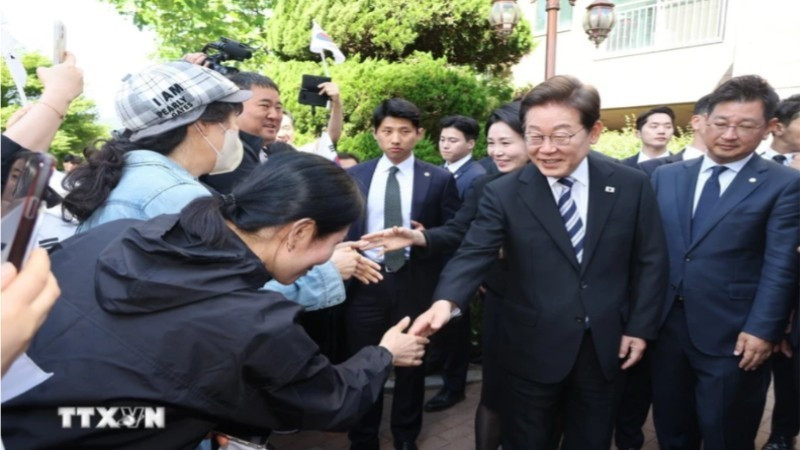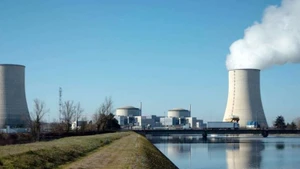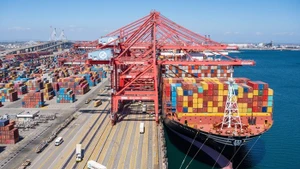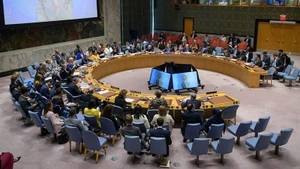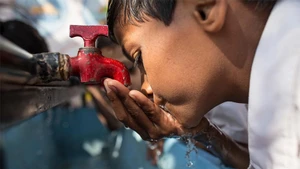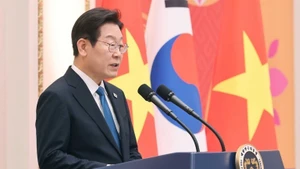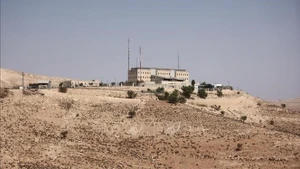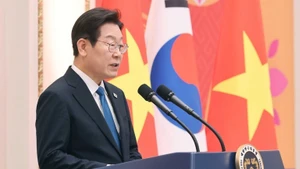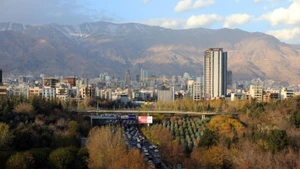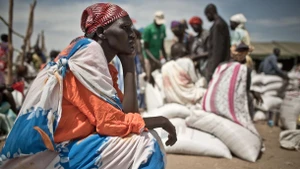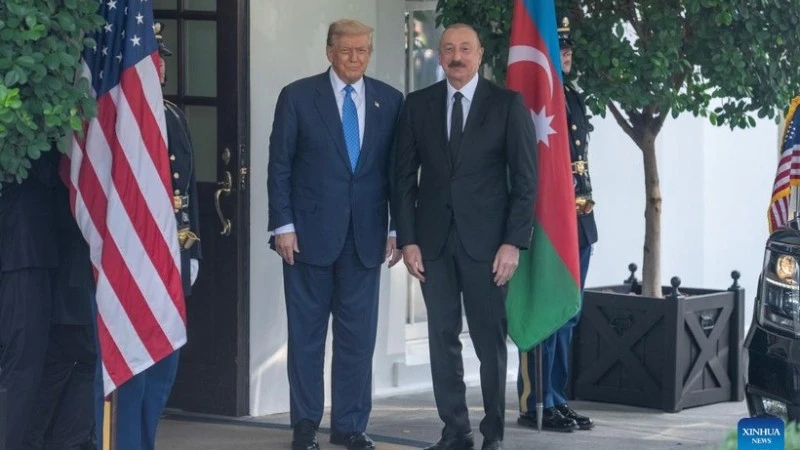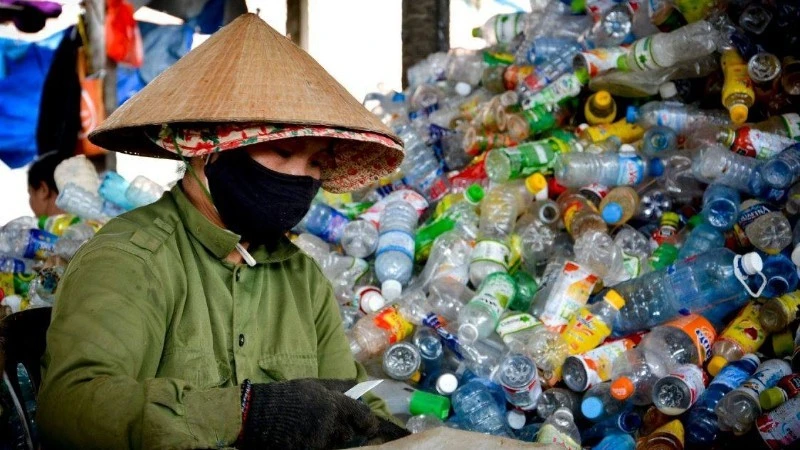On the morning of June 4, the RoK National Election Commission announced that Democratic Party (DP) candidate Lee Jae Myung has been elected as president, securing 49.42% of the approximately 35 million votes cast. His rival, Kim Moon Soo of the People Power Party (PPP), received 41.15%. Voter turnout reached around 79%, the highest since 1997.
Speaking to the press shortly after his victory was confirmed, Lee expressed deep gratitude for what he described as the people’s momentous decision, and vowed to do his utmost to live up to voters’ expectations.
The 62-year-old politician, now the 21st occupant of the Blue House, faces no small task. One of his most urgent challenges is to address the deep political and social divisions that have plagued the country over the past six months, following former President Yoon Suk Yeol’s imposition of martial law and subsequent impeachment and removal from office.
Upon assuming the presidency, Lee Jae Myung emphasised that he would not forget the president’s responsibility to unite the people and fulfil the mission of restoring democracy, whereby people are respected and live together and cooperate with each other.
During his election campaign, Lee pledged to carry out major political reforms, including restricting the president’s authority to declare martial law and amending the constitution to allow for two four-year presidential terms instead of the current single five-year term. He also vowed not to seek political retribution against his opponents.
On the economic front, the new president promised to tackle pressing challenges from his very first day in office.
The Republic of Korea, the fourth-largest economy in Asia, is heavily reliant on exports and is currently facing severe turbulence due to tariff hikes by Washington — one of Seoul’s key trading partners and top allies. US tariffs are particularly targeting the automobile and steel sectors — two of Korea’s core industries.
President Lee’s most urgent economic priority is to secure a trade agreement with his US counterpart, Donald Trump.
As part of his campaign commitments, Lee also pledged to increase child support allowances up to the age of 18, provide income subsidies for farming households, and reduce pension insurance premiums for married couples — all aimed at improving citizens’ quality of life.
He further vowed to ease legal regulations to boost innovation and support small and medium-sized enterprises. Notably, he committed to turning Korea into a global economic leader, with a Cabinet selected solely based on competence.
In foreign affairs, particularly inter-Korean relations, the new president expressed a desire to build a peaceful and stable peninsula, where both Koreas could coexist and cooperate towards shared prosperity.
He underlined the importance of reducing tensions while maintaining the goal of denuclearisation. He pledged to re-establish dialogue with the Democratic People’s Republic of Korea, to value relations with China — Korea’s top trading partner — and to strengthen the alliance with the US.
When major powers such as Russia and China are adopting more assertive foreign policies, and the US remains unpredictable, the new occupant of the Blue House stressed that deepening ties with regional allies and partners, such as Japan and ASEAN, would be the most secure and effective strategy for the current period.
Coming from a non-elite background and outside the traditional political establishment, Lee Jae Myung has overcome numerous obstacles to become President of the Republic of Korea.
Now facing what many consider the greatest challenges for a Korean leader in nearly three decades, the people have entrusted him with their strong aspiration to restore stability and prosperity to the nation.
